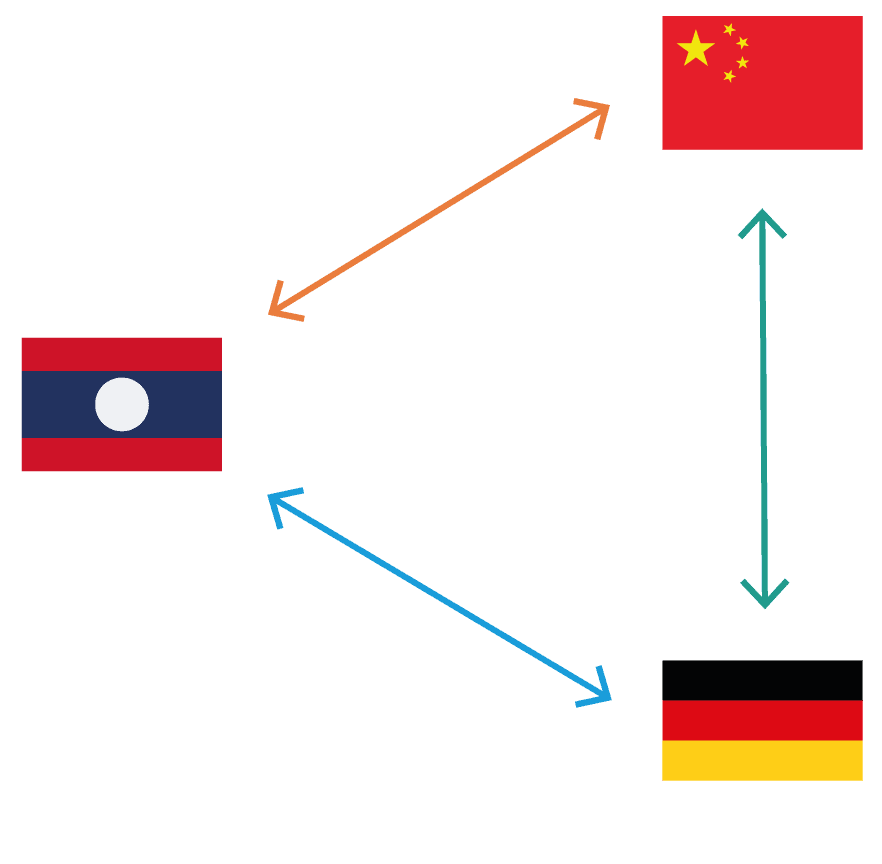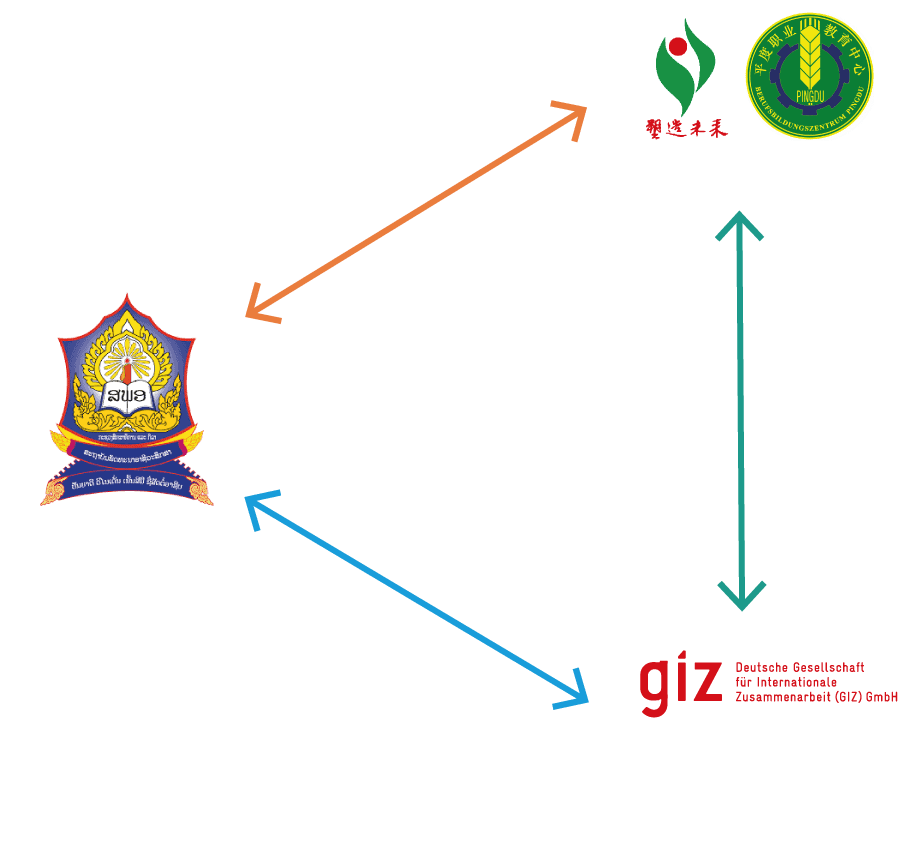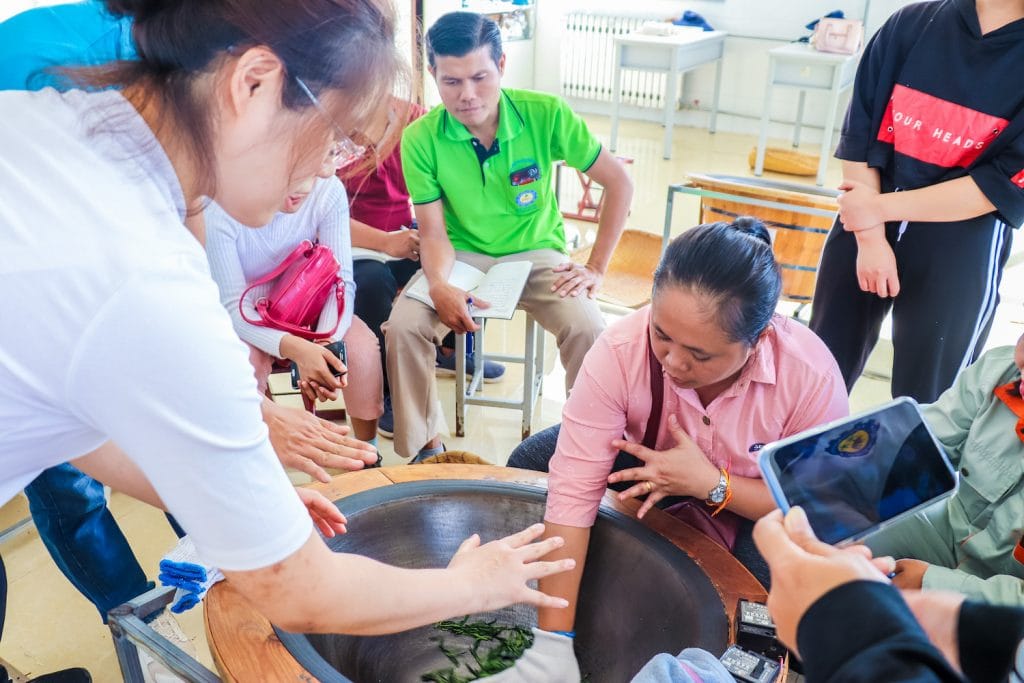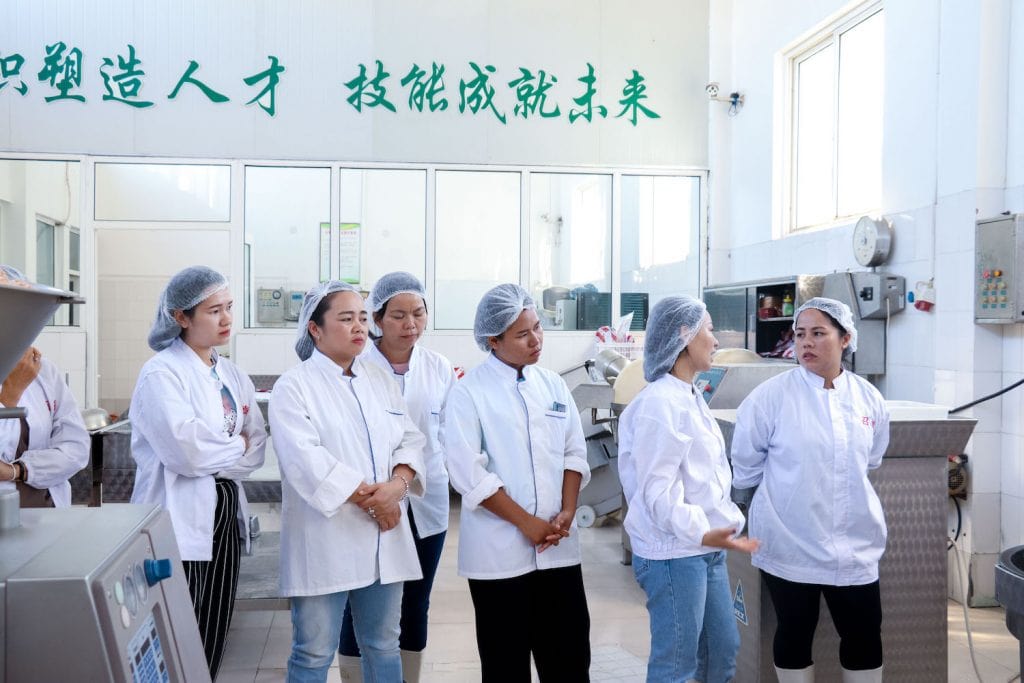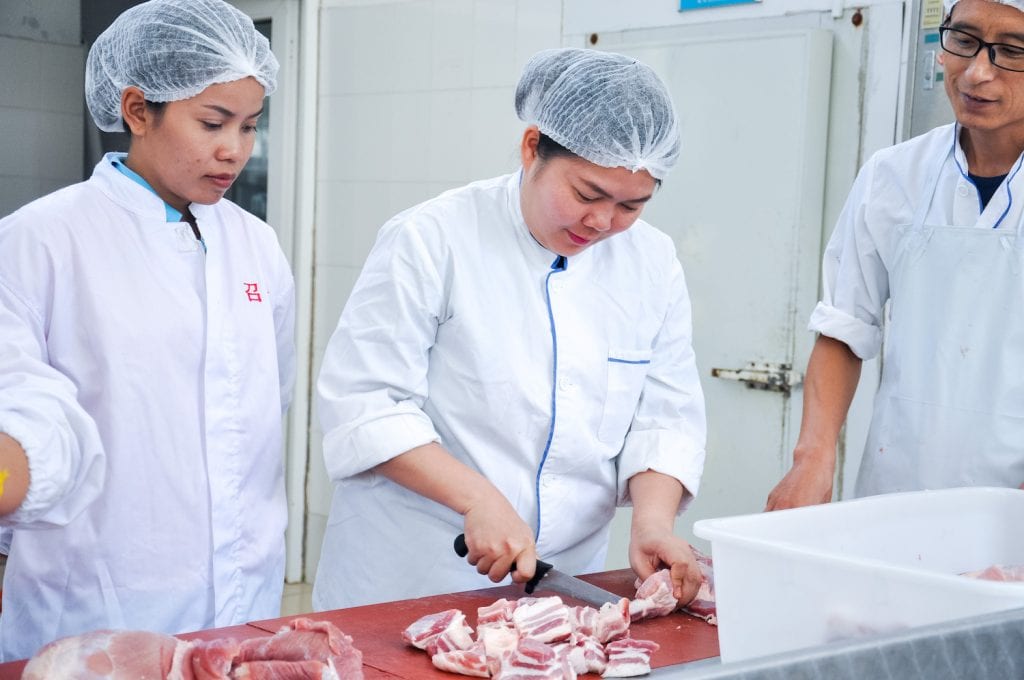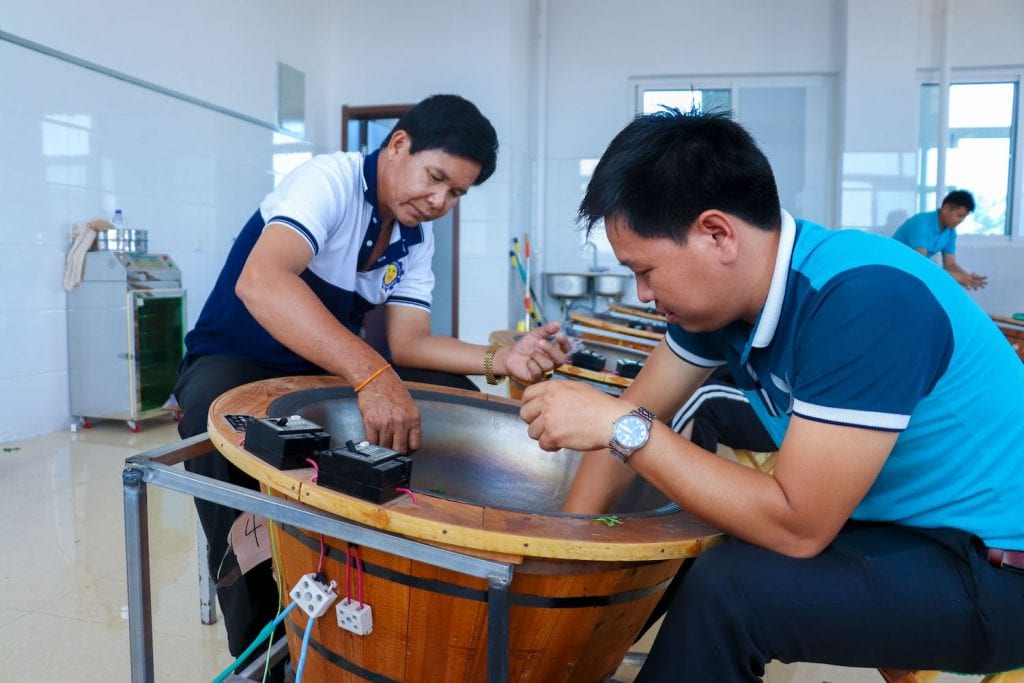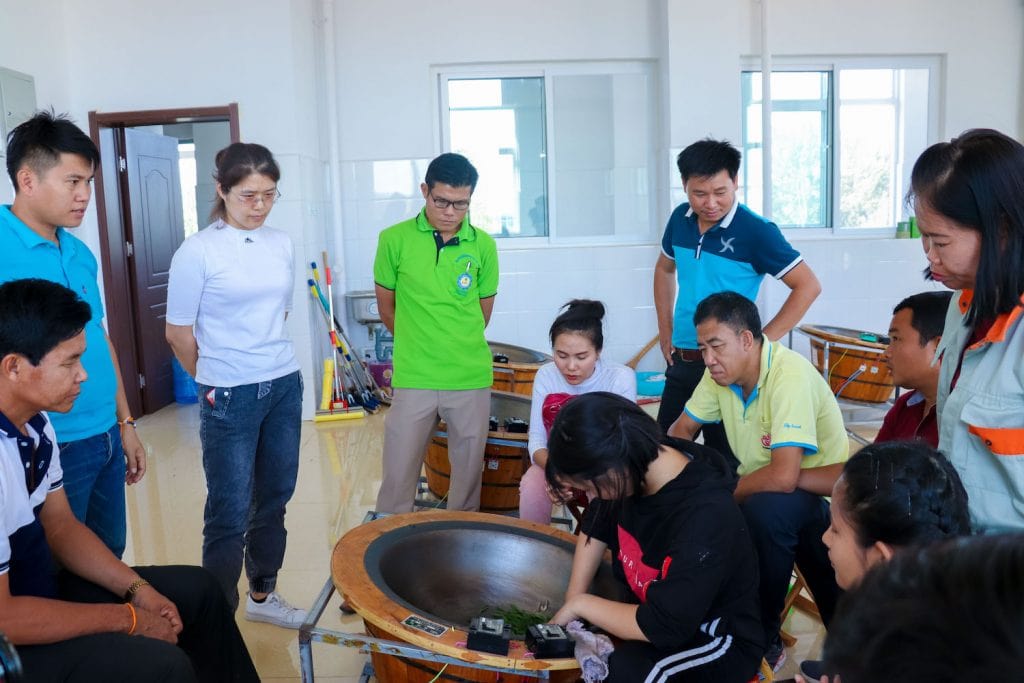Over the last decade, the economy of Laos has experienced high economic growth of 7.7% annually. However, the development in rural and peri-urban areas remains slow – affecting a large part of the population whose main income is made up by agricultural production. Labour market surveys have identified the lack of skilled workers as a major obstacle for value creation along agricultural value chains and integration into regional agricultural markets. Consequently, Laos has assigned high priority to technical and vocational education and training (TVET) on the political agenda: for modernization of agricultural production, employment generation and sustainable development.
To achieve such an ambitious goal, experiences from countries who’ve established a solid TVET system and gone through the same development phase are particularly relevant and helpful. By sharing ideas, knowledge, skills and know-hows, common challenges can be addressed and a shared future accomplishing the Sustainable Development Goals will be built.

